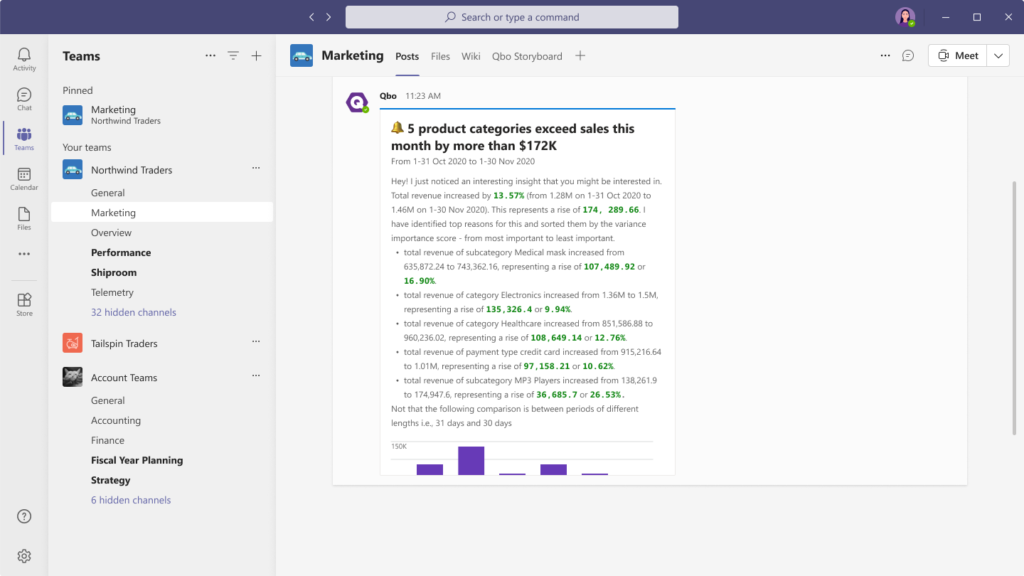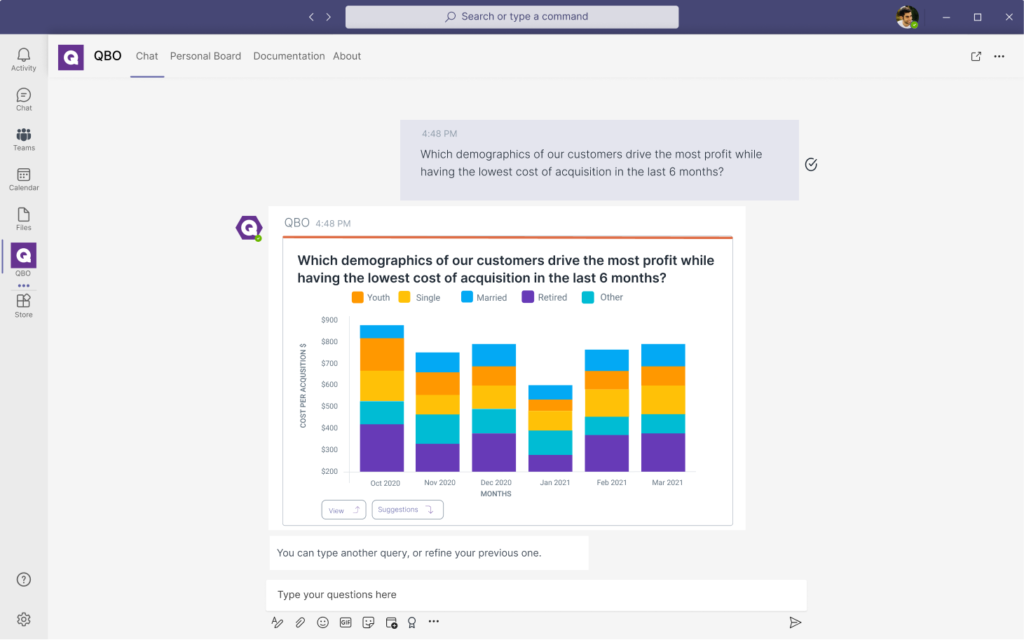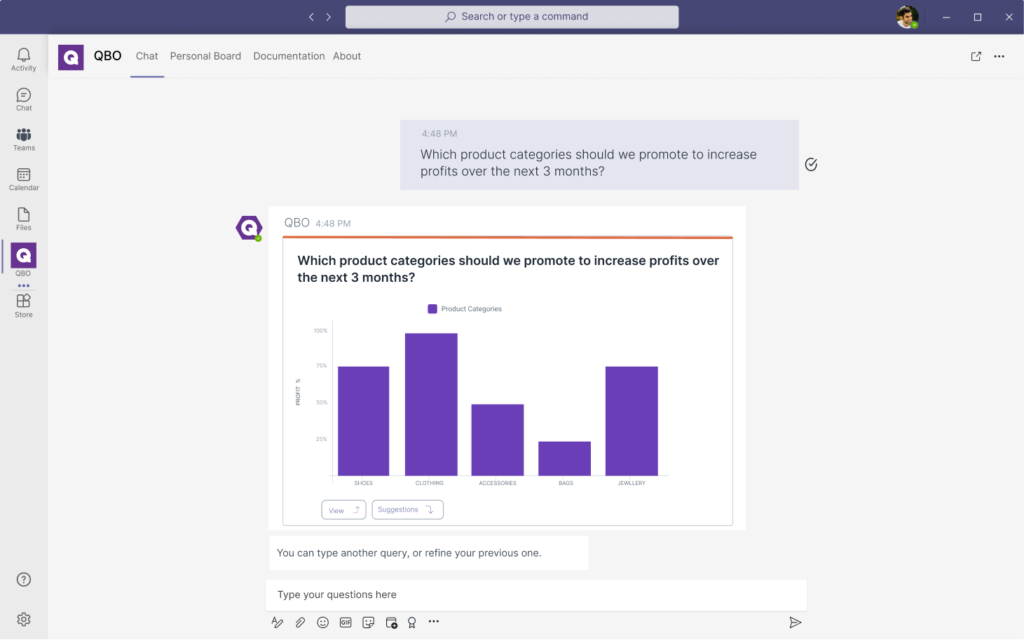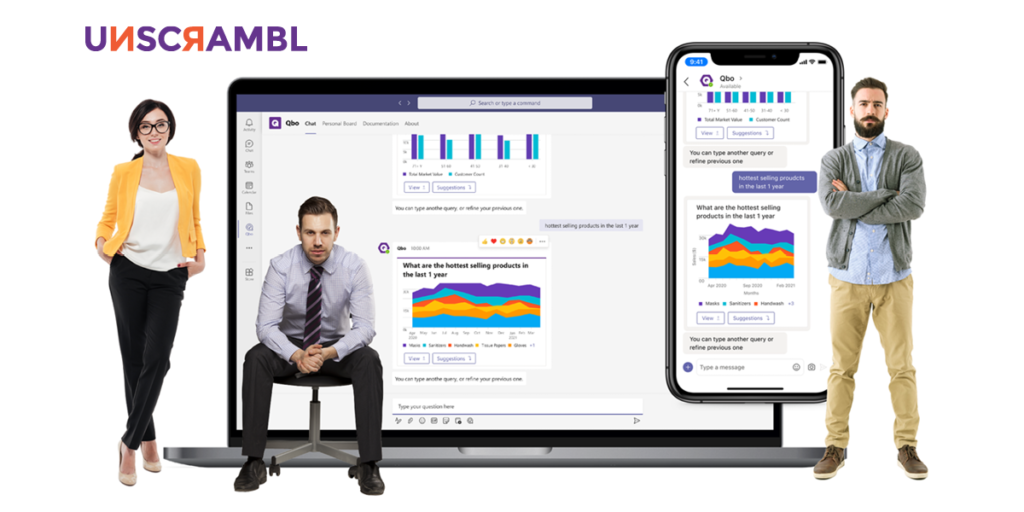 7 Minutes
7 Minutes
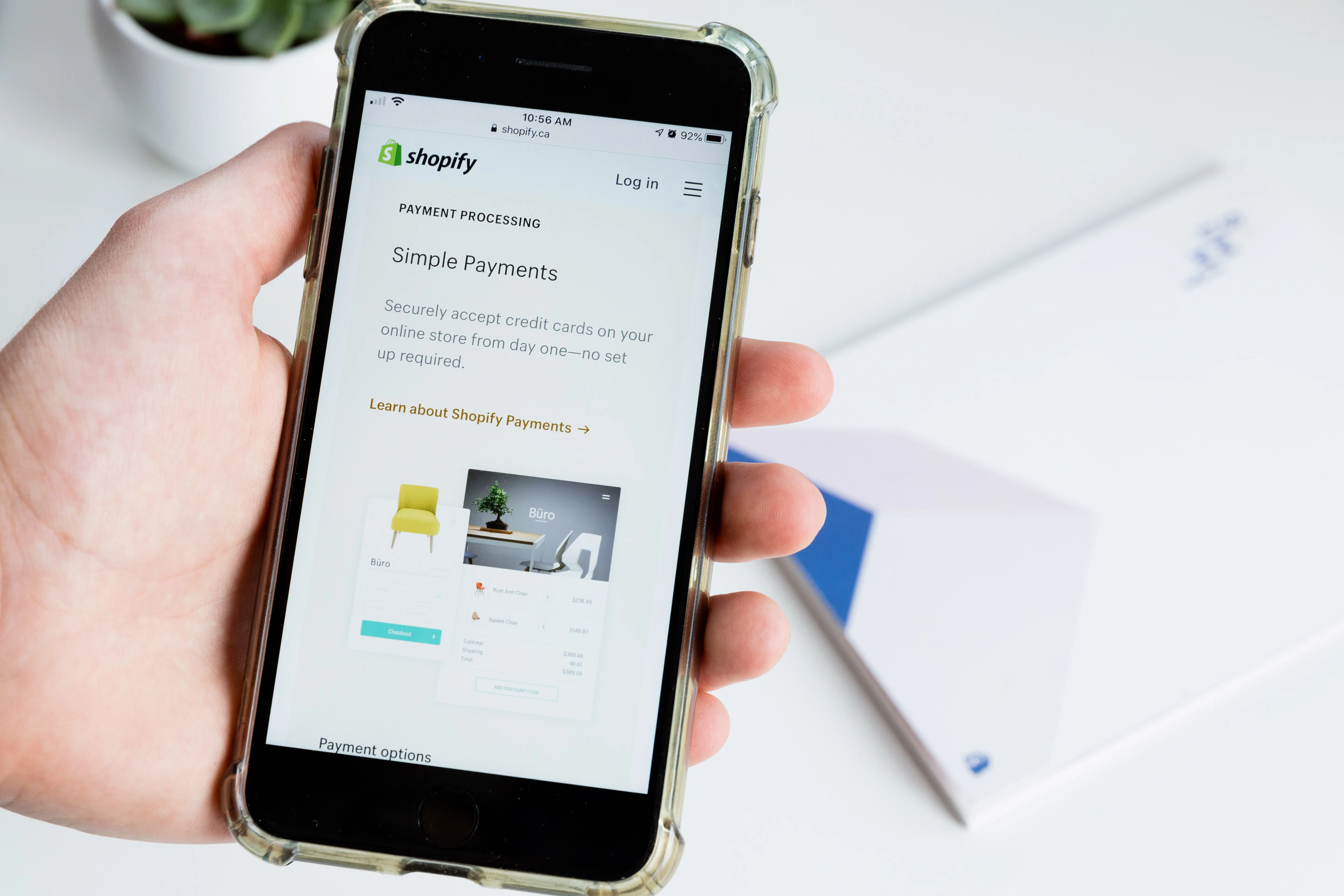
Should eCommerce Platforms & Merchants Outsource Their Data Analytics?
The world of eCommerce entails fierce competition, thin margins, and customers with growing expectations coupled with ever-increasing demands.
In an industry of high growth but slim profits, new entrants and incumbents will have to optimize key levers to enhance profitability – from their digital marketing strategy to their omnichannel supply chain. In fact, according to a survey by McKinsey, almost 50% of the best-performing companies collect and analyze customer data at least once a week.
To maintain the competitive edge and delight consumers through customer-centricity, the need for data analytics has never been more pressing.
Take Flipkart, India’s biggest home-grown eCommerce platform, for example. The company has a thriving team of data scientists and analysts working to deploy new innovative solutions to better serve their customers.
They use data analytics to gain insight into their wealth of customer data, which could reach 50 terabytes on their Big Billion Day sales days, to fuel their sales and business teams. This allows the company to holistically optimize its operations, from better inventory planning and swifter delivery time to a more intuitive online browsing experience.
However, not every company has the luxury of a well-staffed analytics team with a big budget to experiment with.
Thankfully, by outsourcing their business intelligence and data analytics, eCommerce platforms and digital merchants can start adding value to their customers while driving up profitability in a highly economical way.
In this article, we will take you through why outsourcing data analytics is fast becoming the preferred method for the majority of eCommerce players.
How eCommerce Platforms Can Benefit From Data Analytics
Despite existing in a competitive landscape, eCommerce platforms and merchants are in an enviable position when it comes to data flow.
Unlike their retail counterparts that rely on foot traffic to physical stores, eCommerce platforms are consistently collecting hordes of data from a myriad of sources every single day.
These include data from customer loyalty programs, abandoned carts, sales transactions, and even customer complaints.
Amazon, for example, uses data analytics and the insights derived to fuel their recommendation engine. This involves analyzing a myriad of datasets including customer demographics, average spend amount, past purchase history, and browsing habits.
This allows them to enjoy over 35% conversion by creating highly personalized shopping experiences for their existing customers.
With the right data analytics tool, eCommerce companies will be able to gain actionable insights to continually drive growth amidst a challenging environment fraught with unexpected black swan events.
1. Better Identify & Cater To Customers’ Needs
It’s common knowledge that existing customers spend more than new customers while being five times cheaper to retain than attracting new ones.
In fact, according to Bain & Company, a 5% increase in customer retention can generate an increase of 25% or more in profit.
To capitalize on this, eCommerce platforms can use data analytics to create more personalized shopping experiences for their loyal customers.
From showcasing compelling offers and deals to offering highly relevant coupons and discounts, platforms can create a more seamless shopping experience while driving additional revenue at the same time.
2. Ride On Trends & Unlock New Revenue Opportunities
Customer behavior is dynamic and products that sell well today might be out of fashion by the end of the week.
eCommerce players will need to be agile and swiftly spot and capitalize on trending opportunities and promote popular (and ideally higher margin) products through boosting their visibility or via attractive promotions.
This will require platforms to utilize business intelligence to analyze data in real-time and quickly act on insights.
3. Acquire Customers More Cost-Effectively
From Google Adwords to Facebook and YouTube advertising, eCommerce platforms have multiple channels to reach and acquire new customers, but which is the most profitable?
Which types of customers are the best to acquire and what type of ads would need to be created?
With the power of data analytics, eCommerce players and merchants can analyze through the mountains of historical data available and make data-driven marketing decisions.
This allows them to market where customer acquisition cost is the lowest as well as craft highly targeted campaigns and ads to drive conversions and ultimately sales on their platform.
With cloud BI solutions such as Qbo, eCommerce organizations will be able to reap the full benefits of data analytics with virtually no downsides while saving heavily on costs.
5 Reasons Why eCommerce Platforms Should Outsource Their Data Analytics
While there is a tendency for companies to seek to handle all aspects of their business in-house, outsourcing data analytics to a SaaS BI tool is the smarter option that brings with it a whole host of benefits.
1. Focus On The Core Business
Establishing an IT and analytics team can be a costly endeavor that could cost hundreds of thousands of dollars (if not millions) per year – however, they are necessary should a company choose to develop its own analytics solution in-house.
By outsourcing data analytics, merchants will be able to focus on their core business and handle key operational tasks that drive the day-to-day success of the platform including:
- Product engineering
- Marketing and brand awareness
- Product partnerships and business development
2. Optimize Financial & Manpower Resources
In eCommerce, resources are notoriously hard to get, funding can get tight and customer turnover is high.
Developing a proprietary data analytics platform will entail a huge financial burden as well as a timesink, something that most organizations will not be able to afford.
While reaping the benefits of business intelligence is the end goal, implementing insights and optimizing processes will take time.
By going in-house to solve the data analytics challenge, eCommerce players might be unwittingly overextending themselves when resources & manpower can be better allocated to act on the insights instead of developing a solution.
3. Swiftly Analyze Datasets For Faster & Real-Time Insights
By outsourcing their data analytics needs to modern BI tools such as Qbo, companies are able to access a whole suite of analytics capabilities – the most valuable of which is the ability for real-time analysis to generate real-time insights.
Analyzing historical data is useful and is invaluable when it comes to a descriptive and diagnostic analysis of the platform’s present situation. But when it comes to generating predictive insights in a fast-paced environment, real-time analytics is necessary.
Qbo, for example, provides users with dynamic real-time analysis and insights generation. Through the power of conversational analytics, the tool will automatically engage with users when there is something of value to showcase.
This can be from a sudden spike in sales in a particular category in the last hour or a gradual shift in customer demographics that have been building up over the last few weeks.
These machine-initiated conversations allow eCommerce platforms and merchants to dynamically stay ahead with real-time alerts, allowing teams to immediately take action to capitalize on this time-sensitive opportunity.
4. Eliminate The Need To Build Data Marts
To perform data analysis, data must be in the right formats while being easy to find, even though they might be stored in data warehouses.
One of the big drawbacks of creating a proprietary data analytics solution is the need to spend time and effort to create a data mart – which is essentially a partitioned area of the data warehouse. It enables specific data that is segregated to a particular business line available for users to conduct analysis.
Much like creating your very own data warehouse, albeit a much simpler process, building data marts can be extremely time-consuming in eCommerce, where there are different types of data in different departments that need to be accounted for.
However, by outsourcing data analytics, organizations will be able to access capabilities that include machine learning and artificial intelligence that eliminates the need to create data marts.
With hust a simple plug-and-play, AI-powered BI tools such as Qbo will do the heavy lifting and holistically locate, process, and analyze data, no matter where they are in the data warehouse.
5. Enable Data Democratization Across The Organization
By outsourcing their data analytics, eCommerce players will be able to tap onto the power of conversational analytics and unlock data democratization across teams and departments.
Through the power of natural language processing, BI tools such as Qbo will allow users to directly ask questions to their data, like how they would in a normal conversation.
Users for example can ask intuitive diagnostic questions such as:
“Which demographics of our customers drive the most profit while having the lowest cost of acquisition?”
As well as prescriptive questions including:
“Which product categories should we promote to increase profits over the next 3 months?”
And get in return insights presented in highly intuitive visualizations that are understandable and actionable.
With the right business intelligence tool, eCommerce players will be able to go beyond just utilizing immediate insights.
They will be able to truly transform the way they work with data and evolve into a data-driven organization.
Gain Valuable Insights Into Your eCommerce Data With Qbo
Effectively harnessing the power of your data is a game-changer for better growth and enhanced customer satisfaction.
At Unscrambl, we seek to help eCommerce platforms and merchants scale faster through the power of data analytics, allowing them to stay agile and not get bogged down with figuring out how to build their own data analytics tool.
With Qbo, you gain all the benefits of business intelligence across your departments, allowing teams to glean actionable insights for better decision-making.
Embark on a free 14-day trial today and see how easy it is to unlock the potential of your customer data.

